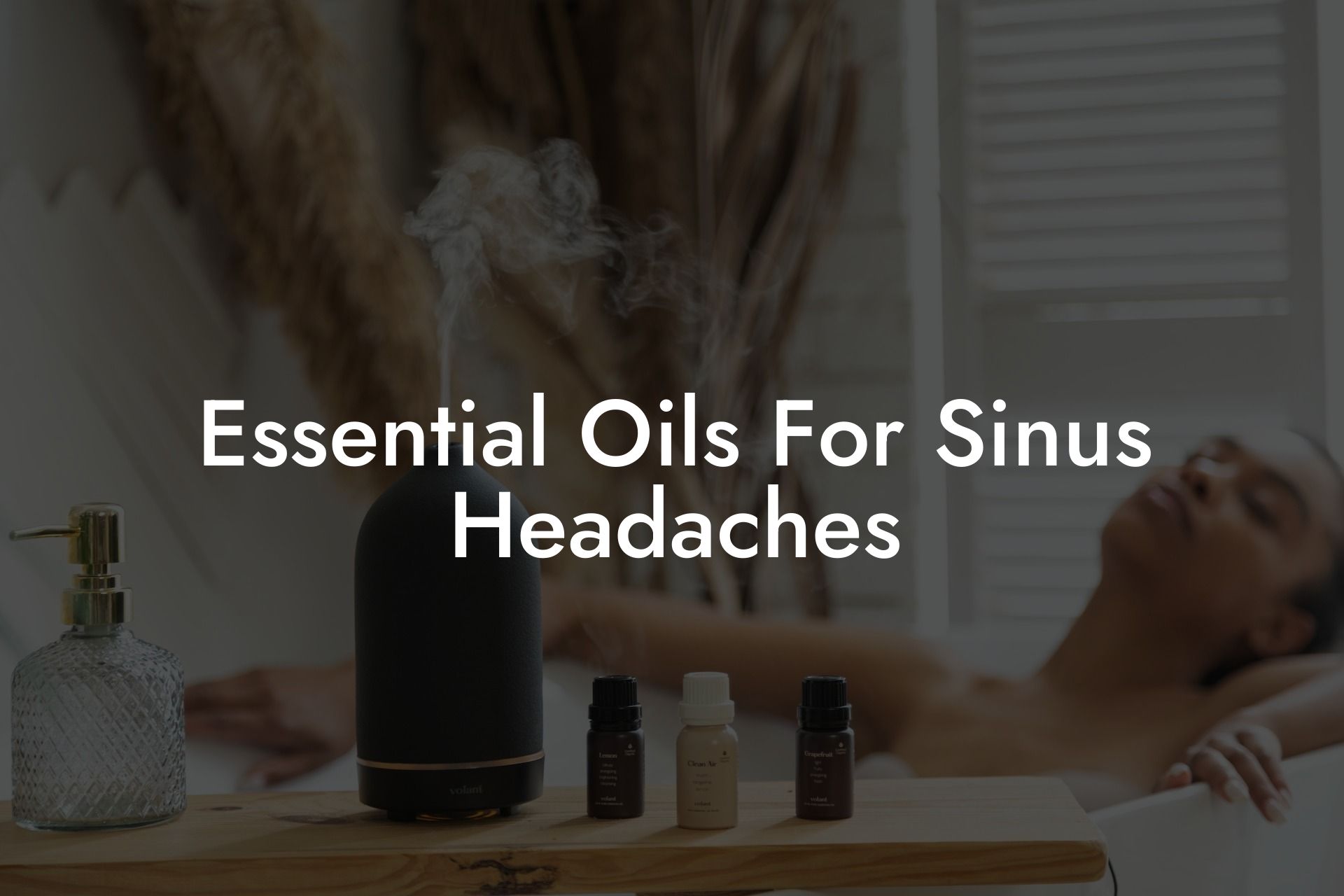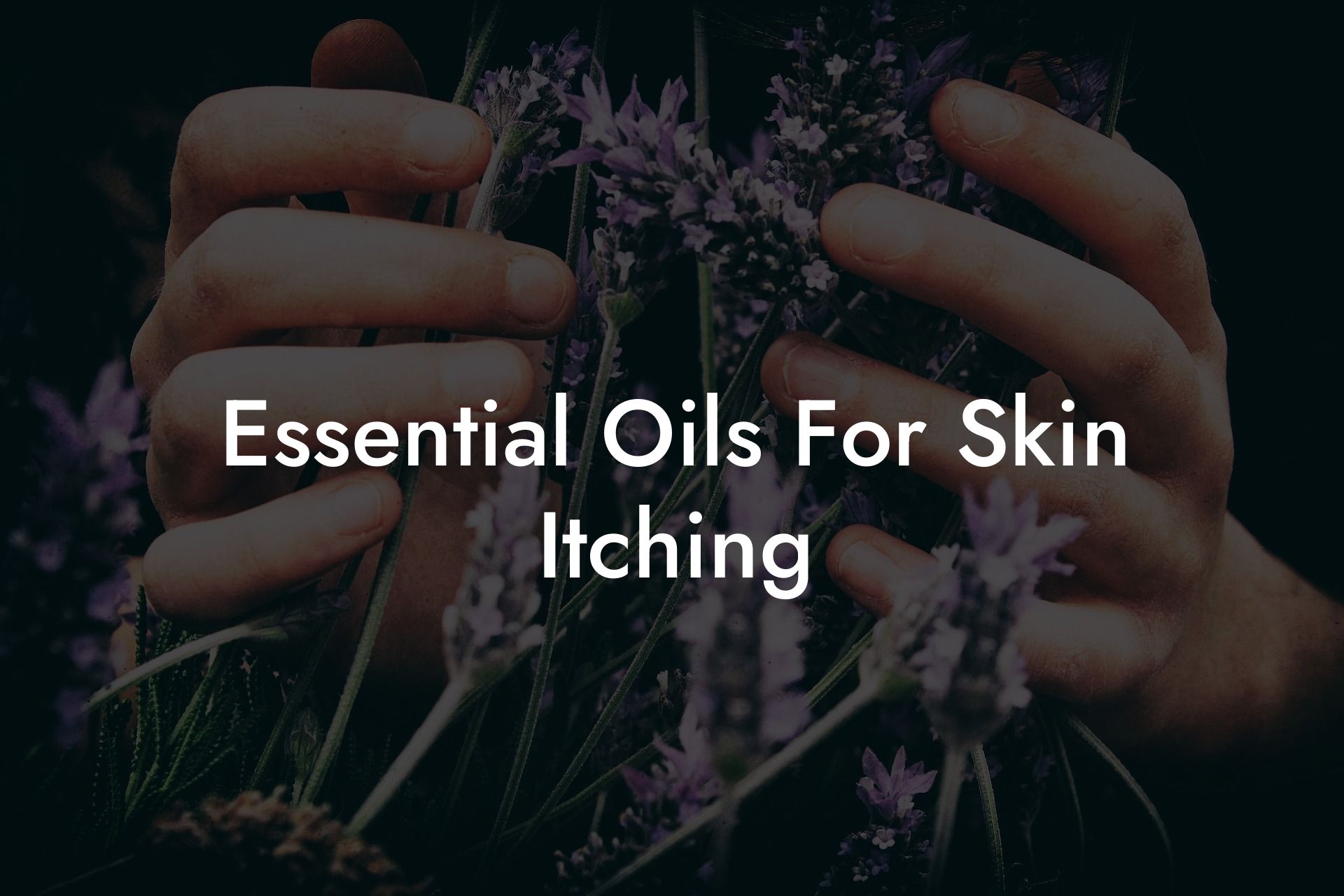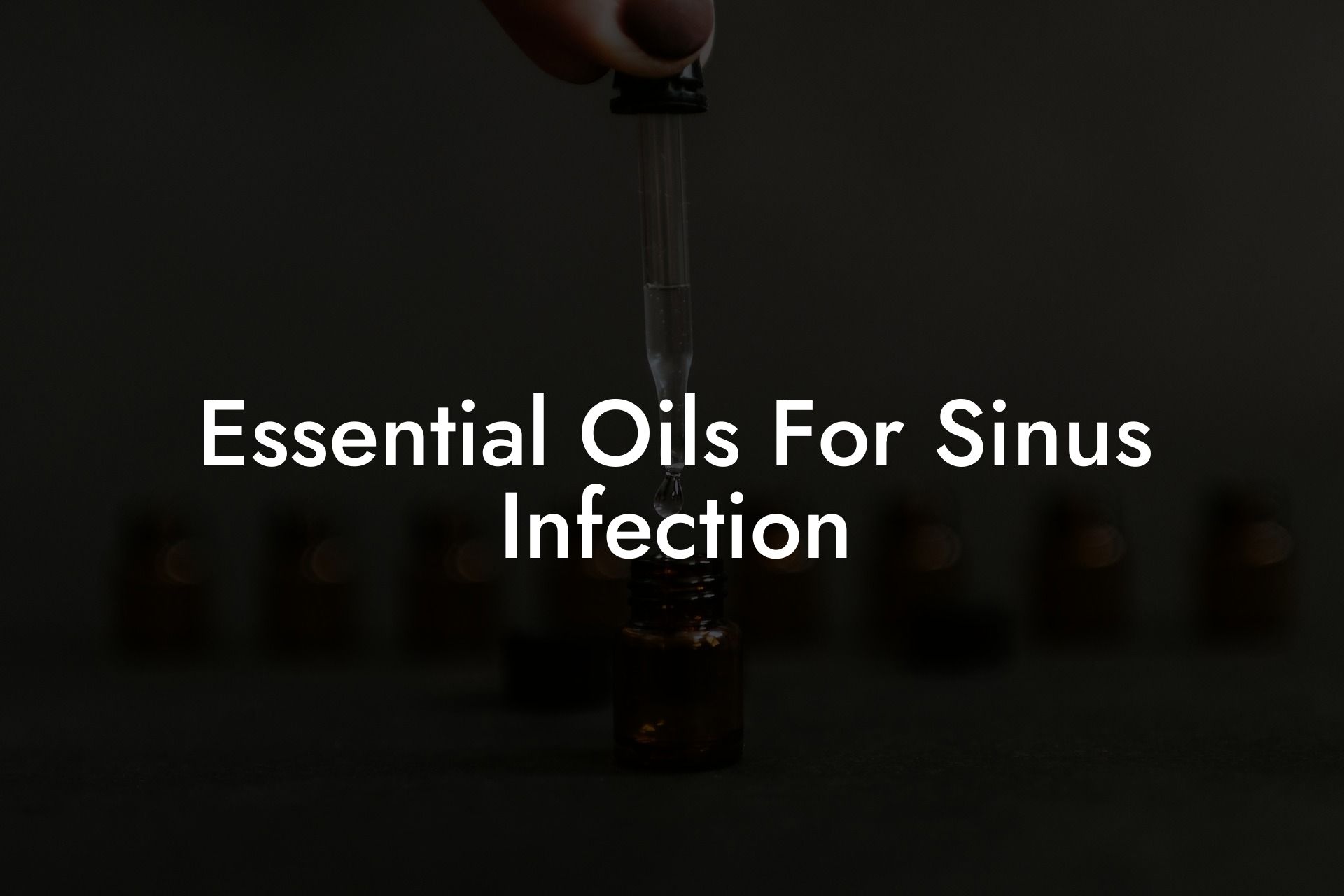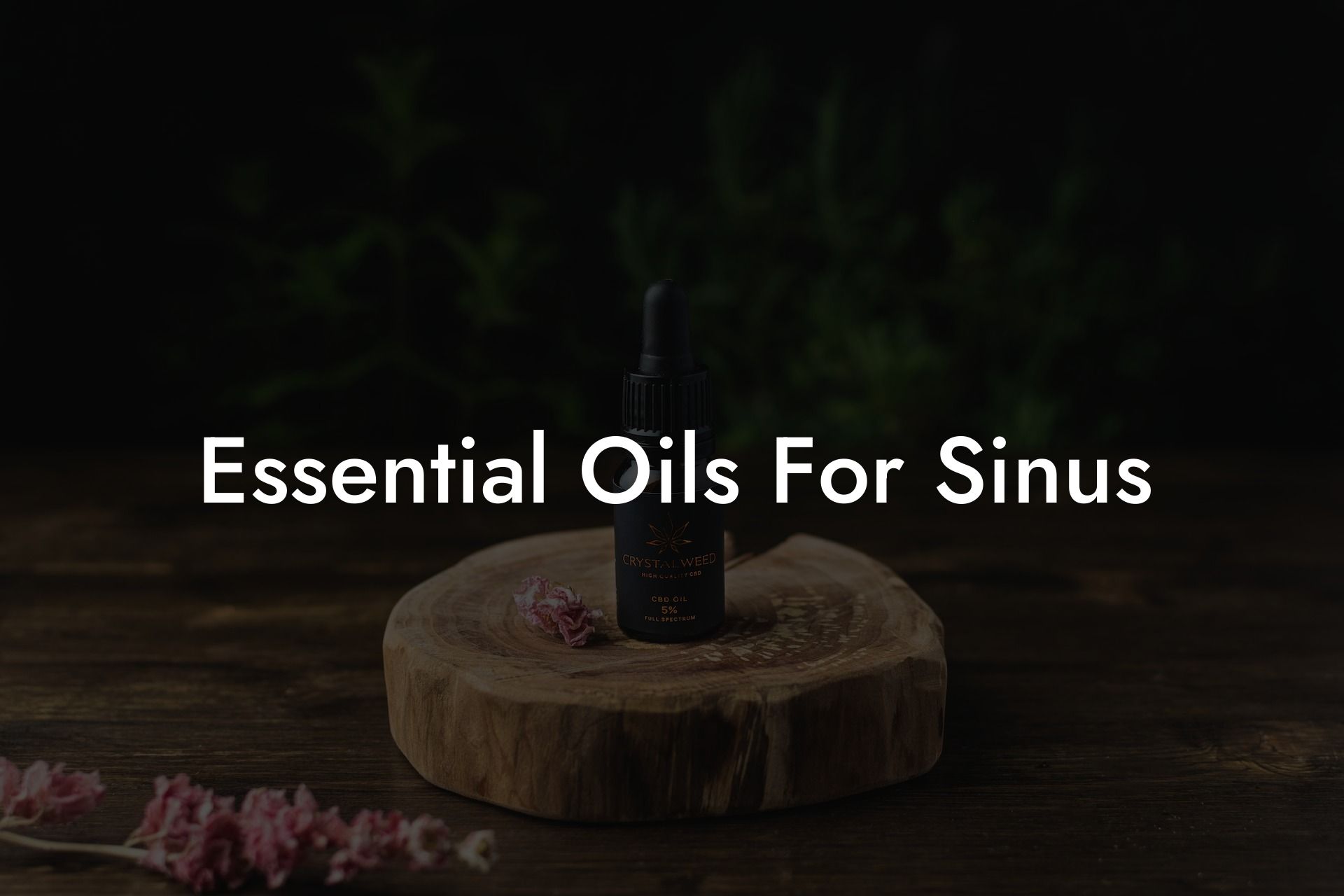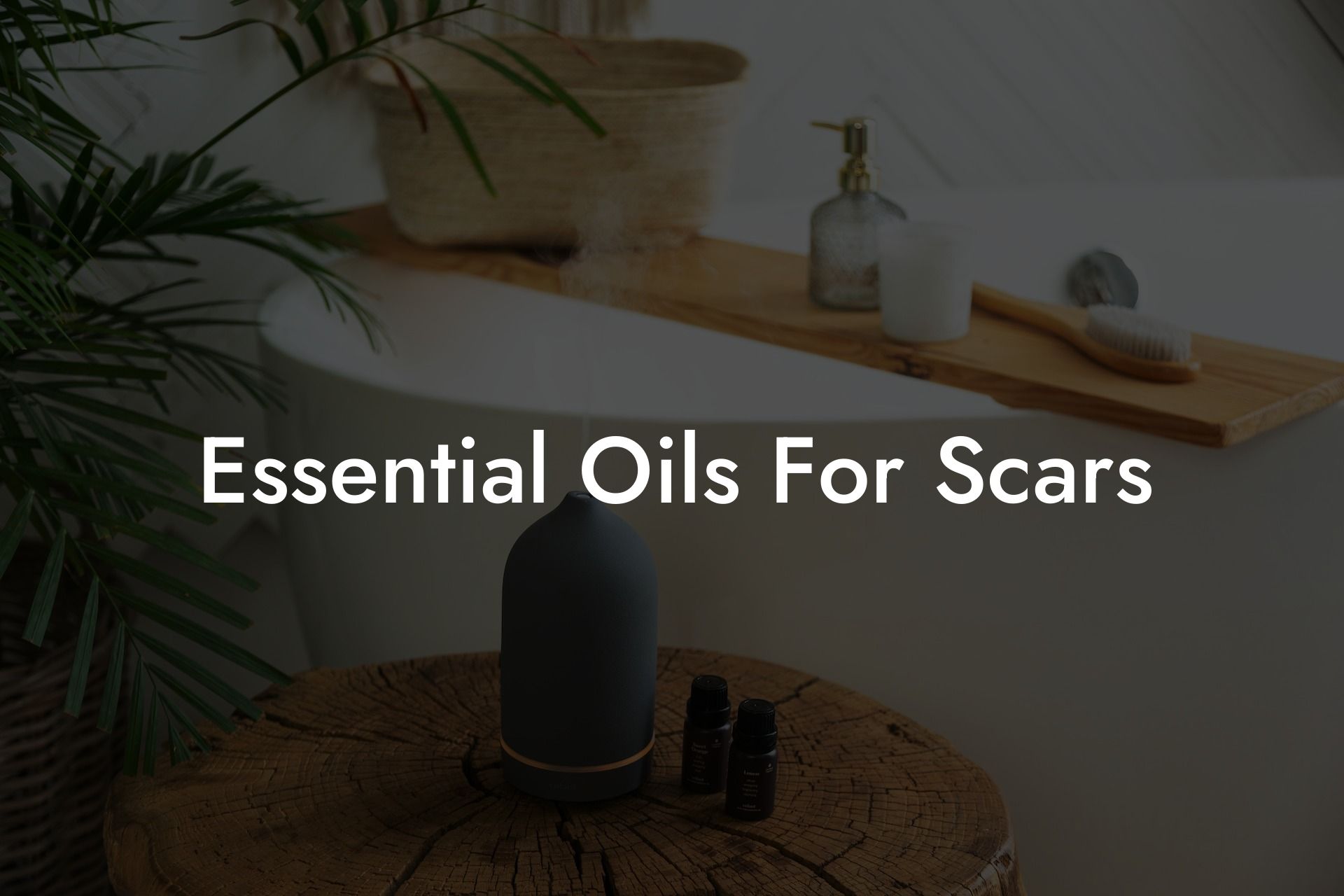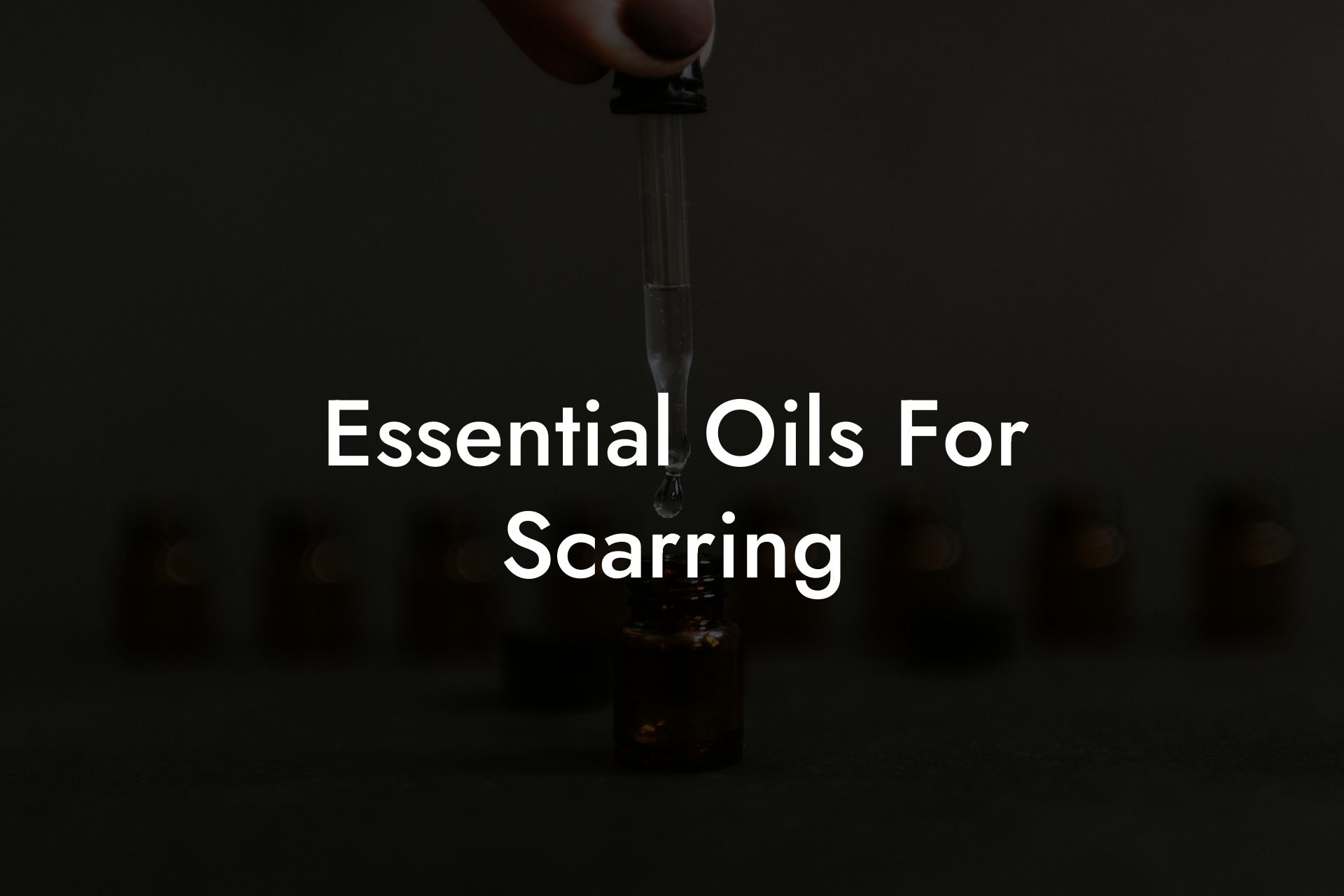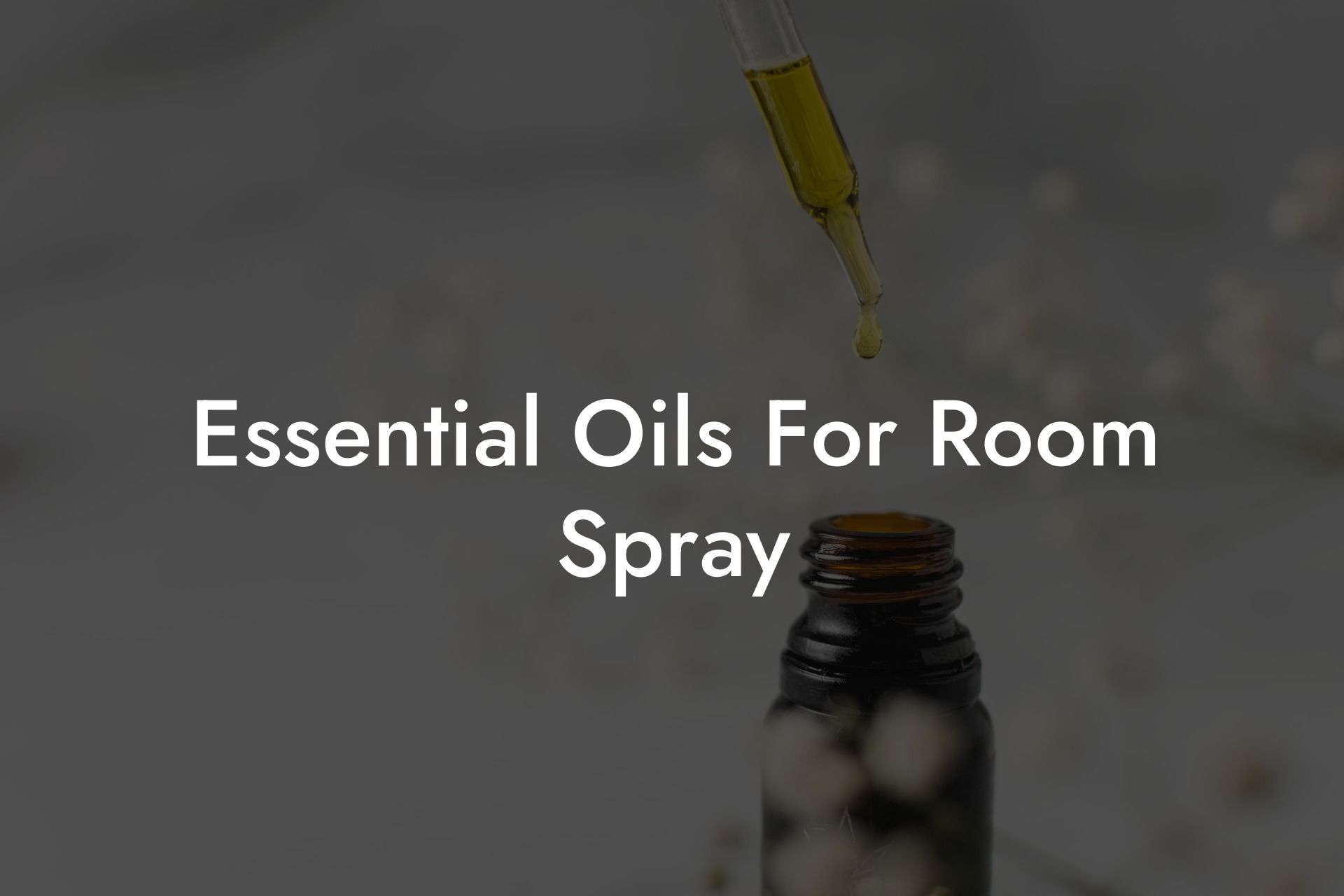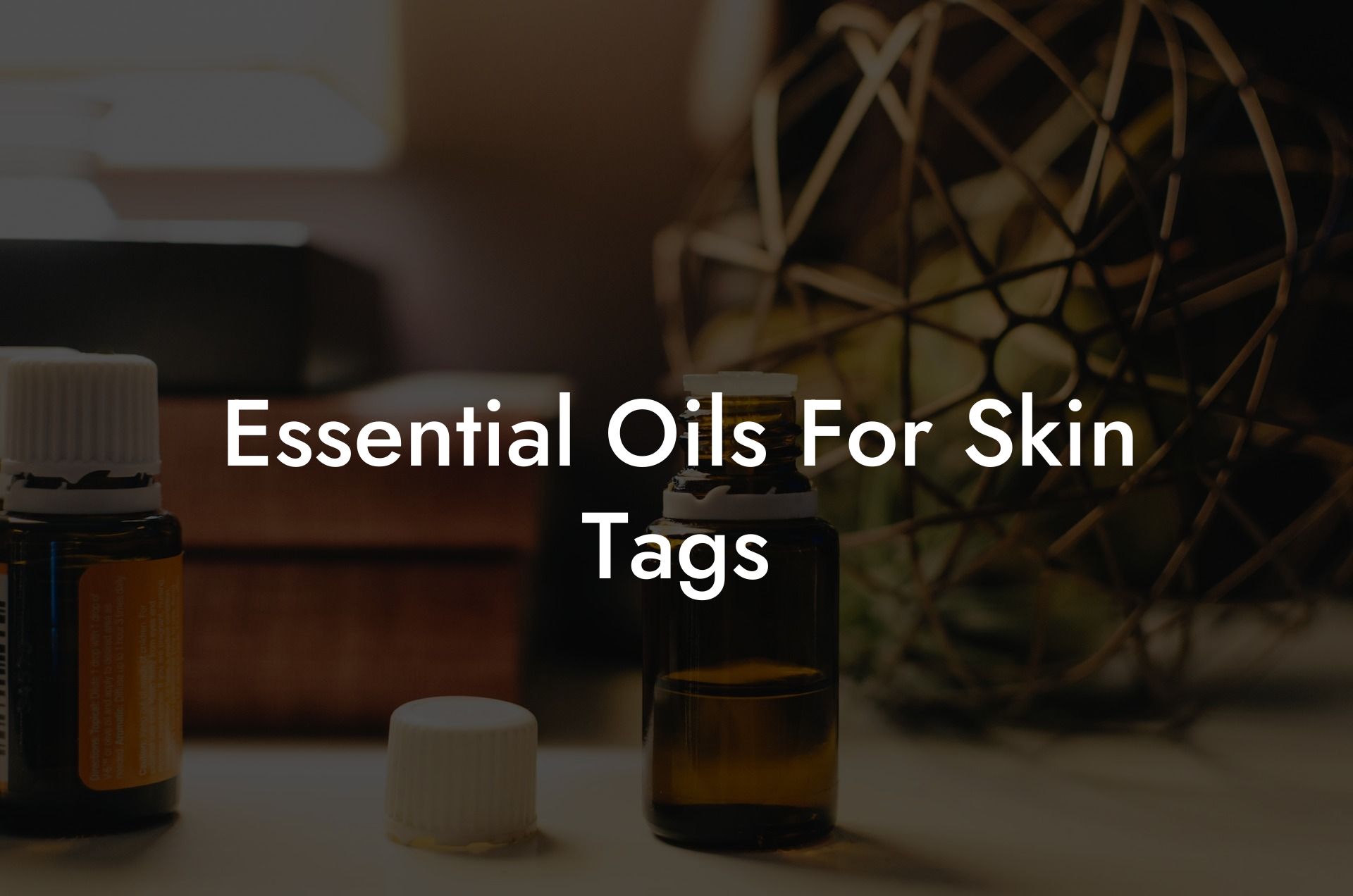Nebulizers are a popular way to enjoy the benefits of essential oils in your home or workspace. In this article, we’ll explore the ins and outs of nebulizers for essential oils and discover why they’re such an excellent choice for those looking to improve their wellbeing through aromatherapy. From how they work to the benefits they offer, we’ve got you covered in this comprehensive guide.
Table of Contents
What is a Nebulizer for Essential Oils?
A nebulizer is a device designed to disperse essential oils into the air in the form of a fine mist or vapor. Unlike diffusers that use water or heat, nebulizers work by using high-frequency vibrations or pressurized air to break down the essential oils into tiny droplets.
How Does a Nebulizer Work?
There are two primary types of nebulizers for essential oils: ultrasonic and atomizing. Both types work by breaking down the essential oils into microscopic particles, allowing them to be easily dispersed into the air. Here’s a brief overview of how each type of nebulizer works:
Ultrasonic Nebulizers
- Ultrasonic nebulizers use high-frequency vibrations to create a fine mist of essential oils.
- These vibrations cause the essential oil molecules to break apart and disperse into the air as a fine mist.
- Some ultrasonic nebulizers also use water as a carrier, creating a humidifying effect in your space.
Atomizing Nebulizers
- Atomizing nebulizers use pressurized air to break down essential oils into microscopic droplets.
- As the air passes through the device, it atomizes the essential oil particles and disperses them into the air as a fine mist.
- Atomizing nebulizers do not use water, making them ideal for use with pure essential oils.
Benefits of Using a Nebulizer for Essential Oils
Nebulizers offer several advantages over other methods of diffusing essential oils. Some of the key benefits of using a nebulizer for essential oils include:
- Efficiency: Nebulizers provide a highly efficient method for dispersing essential oils, allowing you to enjoy their therapeutic benefits more quickly and effectively.
- Purity: Unlike many diffusers that use water or heat, nebulizers preserve the integrity of your essential oils by not diluting or altering their chemical composition.
- Coverage: Nebulizers typically have a larger coverage area than diffusers, making them ideal for larger spaces or for individuals who want a more intense aromatherapy experience.
- Control: Many nebulizers offer customizable settings, allowing you to control the strength and duration of your aromatherapy sessions.
Nebulizer For Essential Oils Example:
Imagine you want to create a relaxing environment in your home after a long day at work. You select a soothing blend of lavender, chamomile, and ylang-ylang oils, and add them to your nebulizer. As you turn on the nebulizer, the oils are atomized into the air, creating a fine mist that quickly fills your space with the calming scent. As you breathe in the essential oil-infused air, your mind and body begin to relax, and stress from the day melts away. Thanks to the efficient and pure delivery provided by your nebulizer, you’re able to experience the full therapeutic benefits of your chosen oils in a short amount of time.
Now that you have a solid understanding of nebulizers for essential oils and their many benefits, we hope you feel empowered to incorporate them into your aromatherapy routine. By using a nebulizer, you can elevate your wellbeing through the power of essential oils in a pure and effective manner. If you found this guide helpful, please share it with others and explore the Oshu Oils range of artisan-blended essential oils to create your perfect aromatherapy experience. Don’t forget to check out our blog for more in-depth guides on essential oils and aromacology. Happy nebulizing!



